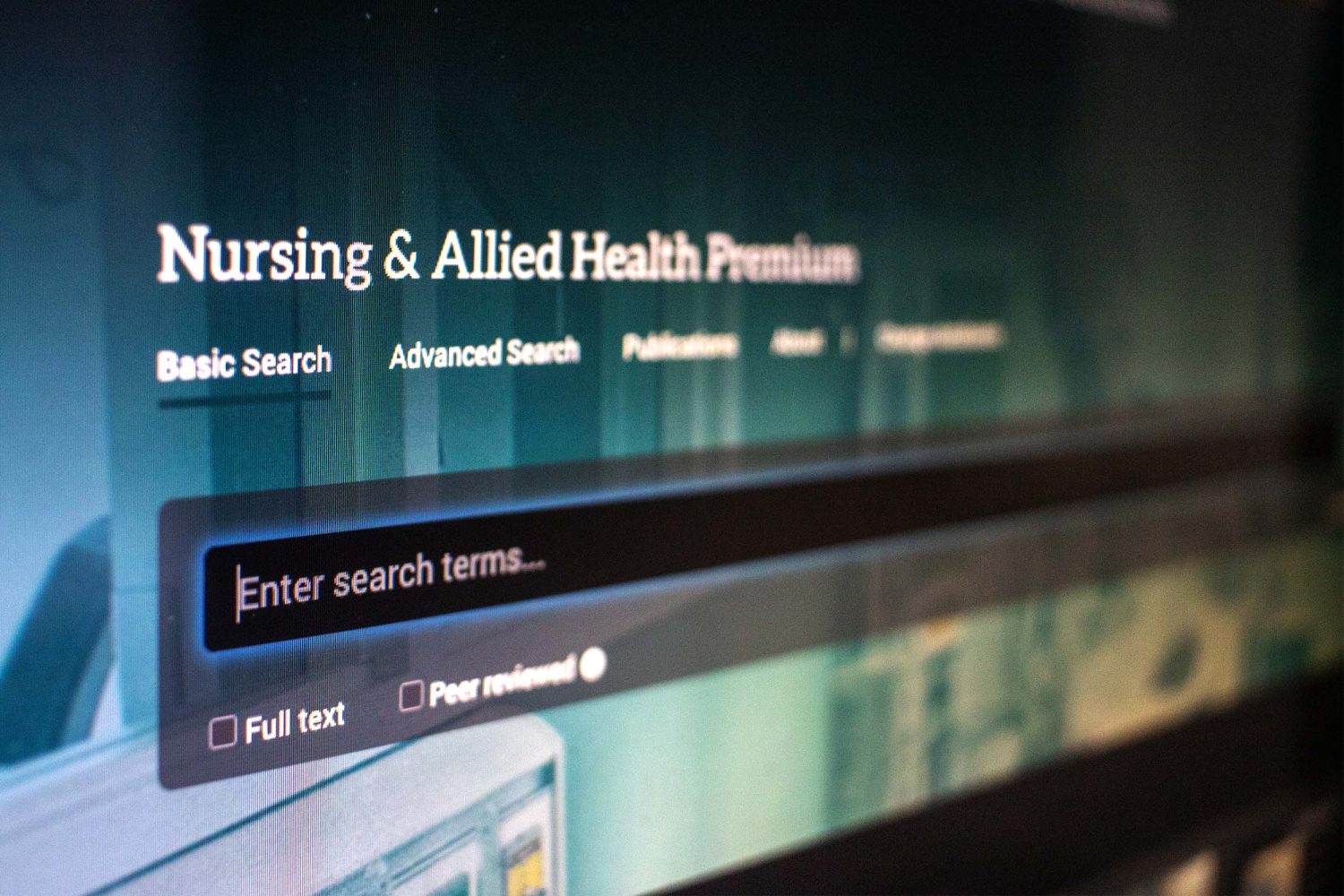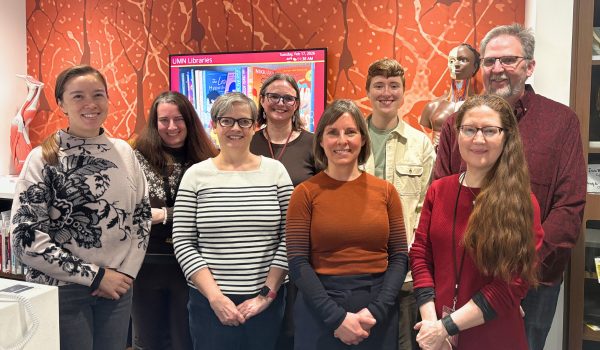By Adria Carpenter
Minitex has added two new health care databases to its online library, expanding health care information for Minnesotans, training materials for future health care workers, and freeing up funds for libraries and nurse-training programs across the state.
Last May, the Minnesota Legislature allocated an additional $650,000 to Minitex’s ongoing budget, which Minitex will use to purchase two statewide research tools: the ProQuest Nursing and Allied Health and EBSCO Cumulated Index to Nursing and Allied Health Literature (CINAHL) databases.
About Minitex
Minitex is a joint program of the Minnesota Office of Higher Education and the University of Minnesota Libraries.
Minitex chose to purchase these databases following a library community-informed review process focusing on health-related resources. Both databases are now available to all Minnesota residents via the eLibrary Minnesota portal (ELM).
Over 60 college and university libraries in Minnesota were paying for subscriptions individually. But now through Minitex, there’s a single subscription for the entire state.
“We know there’s a demand,” said Zach Miller, Head of Communications for Minitex. “Being able to get these resources, get these databases, without having to impact their bottom line is gonna be really beneficial to a lot of libraries, because those budgets are really, really tight.”
ProQuest Nursing and Allied Health
The ProQuest Nursing and Allied Health database has over 700 scholarly journals and over 350 training videos that support students and educators. Allied health practitioners include a large cluster of professionals who assist or complement the work of physicians and specialists, ranging from anesthesiologist assistants to dental hygienists to physical therapists, and so on.
EBSCO CINAHL Complete
The EBSCO CINAHL Complete database similarly provides over 3,800 active indexed and abstracted journals, as well as lesson and education modules, covering more than 50 nursing and allied health specialties.
“Now more than ever, it’s important to have the best information possible when it comes to health care,” Miller said. “There’s no misinformation, there’s no disinformation, there’s no malinformation. It’s just good quality stuff.”
Securing funding from the state legislature “wasn’t easy,” but after members of the library community produced letters of support and testified on their behalf, along with further pushes from OHE, the request was finally approved.
“It was definitely a little bit uncertain for a while,” Miller laughed. “But it worked out in the end.”
Minitex contributes to the U of M mission
This marks the first funding increase for Minitex since 2012. As a division of the University of Minnesota Libraries, Minitex and its programs contribute to the University’s land grant mission and outreach programs for residents and communities in Minnesota.
Minitex:
- Manages a statewide interlibrary loan and resource sharing program, eLibrary Minnesota and its online databases
- Supports digital collections for libraries and cultural heritage organizations
- Provides training to librarians across the state, and
- Helps patrons with research requests.
These services come at no direct cost to libraries or Minnesota residents.
“You don’t have to log in or anything. As long as you’re standing in Minnesota, you’ve got access to this information,” Miller said.
Minitex staff will offer webinars on these health care databases this fall, and training will be announced in late August. Those interested in organizing in-person instruction can email mtx-roi@umn.edu.




